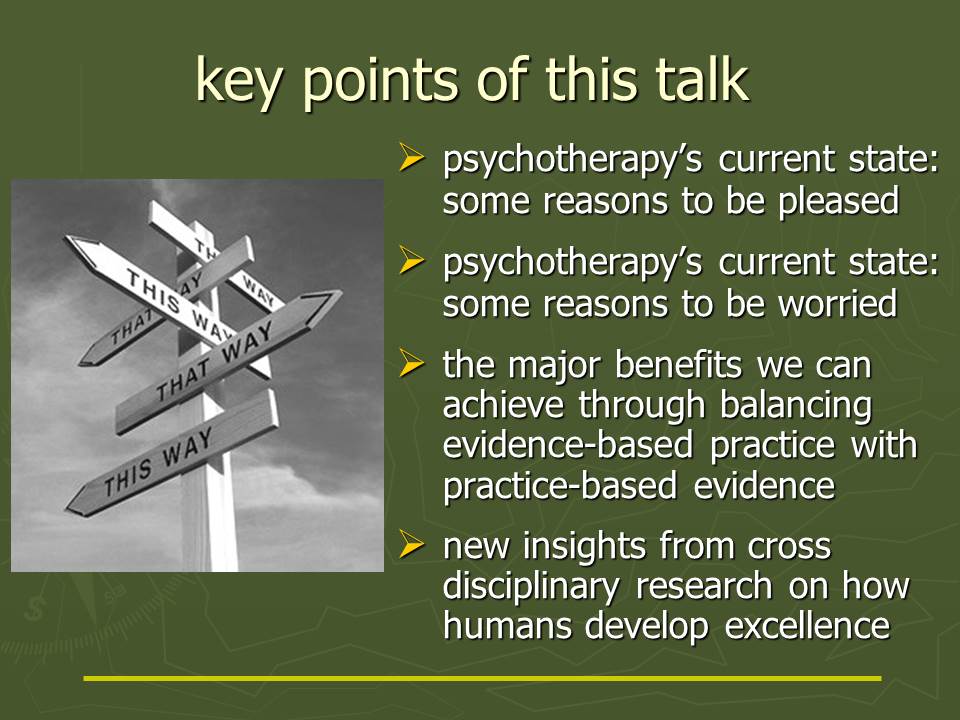Self-practice, Self-reflection (SP/SR) & David Clark's treatment for social anxiety: introduction (1st post)
Last updated on 2nd June 2015
Self-practice/Self-reflection (SP/SR) is an approach to training in cognitive-behavioural therapy (CBT) that involves practising CBT methods on oneself (self-practice - SP) and then reflecting on what one can learn from this experience (self-reflection - SR). SP/SR is at the interface between more standard training approaches (such as lectures, videos, role plays) and personal therapy (recommended as part of therapist training by many - particularly non CBT - psychotherapy schools). In the current draft copy of their "Self-practice/self-reflection workbook", authors James Bennett-Levy, Richard Thwaites, Beverly Haarhoff & Helen Perry write "While the primary focus of personal therapy is on personal development, the rationale and purpose of SP/SR is to use your personal experience of CBT to develop better understanding and use of CBT with pati

